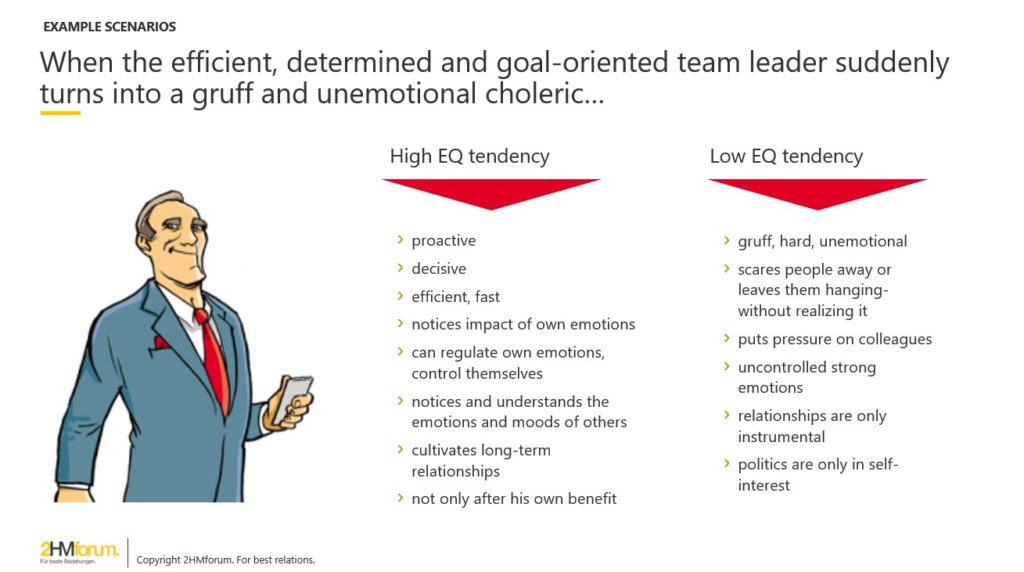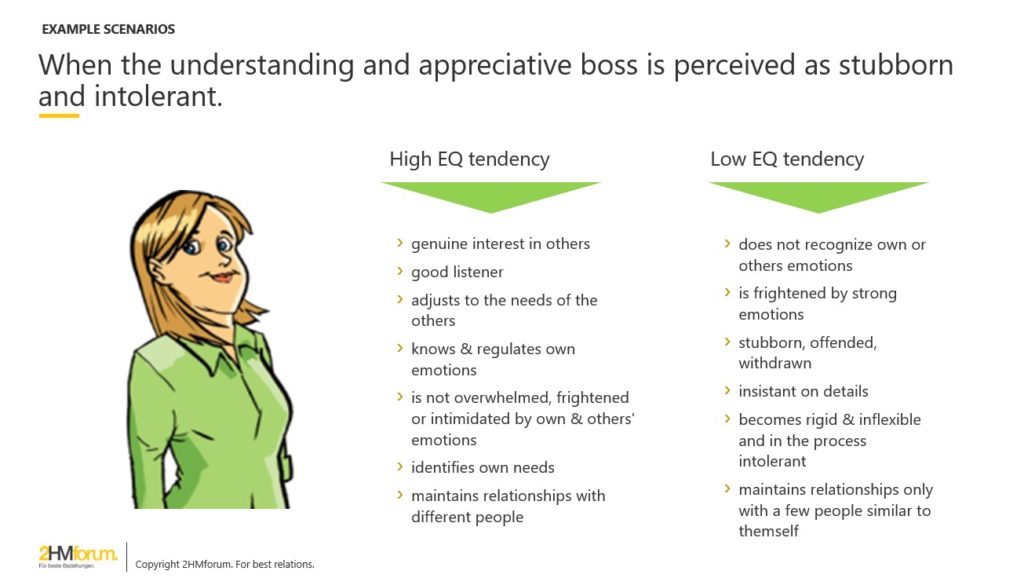Why executives have to learn to be Fan-Makers
For many entrepreneurs, managers and executives, gloomy news roll in every day: sales slumps, reduced hours, recession, so on and so forth. Millions of employees have moved to home offices at short notice, personal face-to-face contact is massively restricted or inevitably distanced by the video wall; team spirit is regularly evoked via Skype, Zoom and Teams, and yet employees are plagued with fears. The question to managers looms over everything: Will everything turn out fine?
Yes? No? Maybe? Managers must learn to act as fan-makers now, at the latest. In these times, they must radiate hope more than ever and ensure a good flow of communication and information. They also have to maintain a stable relationship with their employees through clear but appreciative leadership. The goal has to be: To connect the employees emotionally to themselves and the company – so that they remain motivated and efficient. Only then can they transport hope and positivity on to the customer.
Emotional intelligence
How can managers live up to these demands? My message is: they have to strengthen emotional intelligence. What does that mean? Managers who want to act as fan-makers must have good self-awareness and self-regulation – especially now in social isolation. This is the only way they can positively influence communication, appreciative leadership behavior and cooperation.
Potential analysis: What’s behind it?
That’s why we design our leadership training courses on the basis of individual potential analyses. These provide information about how the manager behaves in work and stress situations. And they provide clarity about personal motives and emotional intelligence.
Especially now during the crisis, managers need to know:
- How do I communicate and what effect does my communication have on my employees and colleagues?
- What drives me and which situations generate fears in myself?
- How do my fears affect my communication and leadership behavior?
- How high is my level of self-awareness and self-control, so that I can adequately control my communication and leadership behavior?
Side Note: Fears
Managers are also worried. Especially now. Emotions play a decisive role in both professional and private life. Decisions are not made exclusively rationally. These emotions can positively or negatively influence communication and leadership behavior, even supposedly “rational” decision-making behavior. Self-awareness and regulation also include managers being aware of their own fears in a crisis and having ways of acting to avoid transferring these fears to their employees.
Communicating without reflection?
Managers must be able to manage their communication in a way that is appropriate for the target audience. Misunderstandings always occur when different personality types communicate with each other in an unthinking manner (i.e., through poor self-perception and self-direction). An example: The efficient, determined and goal-oriented team leader can quickly become a gruff and unemotional choleric – under high pressure and with poor self-regulation.

Or the understanding and appreciative boss can be perceived as stubborn and intolerant if she has too little knowledge of self-control mechanisms.

Fan-Makers during the crisis
Managers are a company’s role models, that all employees look to for guidance – now more than ever. Because through their leadership and communication behavior, they have a major influence on the motivation and emotional commitment of employees and thus on the success of the company, in and after the crisis.
Our potential analyses…
- offer managers a “navigation system” for their personal impact on employees, colleagues and superiors
- support the development of a clear understanding of roles
- bring clarity about personal strengths and the contribution to team success (within the management team or in project teams)
- raise awareness of different communication partners and thus improve communication and the flow of information towards different target groups
- strengthen mutual appreciation through reflective interaction with each other.
Let’s talk! Or register directly for my Webinar. Free of charge and guaranteed to benefit you!

Your contact:
Dr. Frederik Meyer
Member of the Executive Board, Head of Human Resources & Head of Emotional Employee Loyalty

